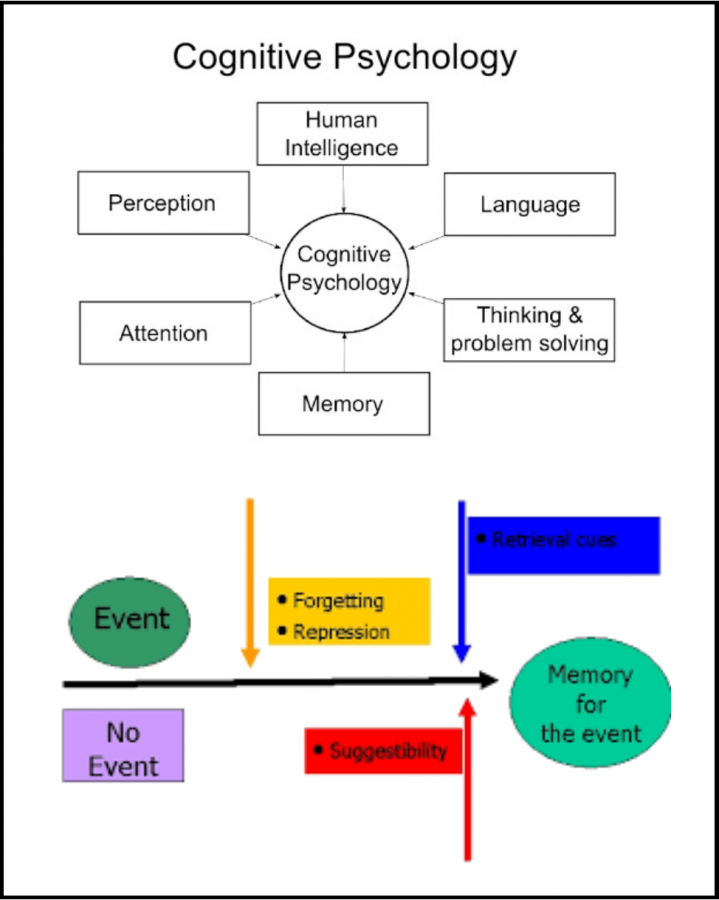The Effects of False Memory
October 29, 2020
False memory is a term used to describe when people remember things differently from how they actually happened, or in drastic cases remembering something that didn’t happen at all. When someone experiences false memories they have a hard time believing anything else, and find it very difficult to separate real memories from false ones.
People in adolescence have a higher risk of developing false memories because they are still in high brain development. In this stage anything from misinformation during growth, and trauma are huge factors in how the brain remembers things and situations.
Though false memories can have little impact later in life the consequences can also be very harmful. Some effects of false memory include struggling with sleeping, eating habits, and can even have an impact on end of life choices. False memory impacts these simple things such as eating, and sleeping because of the lack of consistency within the brain.
When helping treat someone with mental health issues false memory regarding trauma can be extremely difficult to work through because it takes longer getting to the causes when professionals first have to work past false memories.
A therapist in the Sonora area when asked the question, “How do you work through false memories with patients?” stated, “One method that works for some of my patients is reconnecting or asking questions with people from periods of time that someone may not remember correctly to gain more detail around the memory/ situation.”
Working with others to help recall details of memory can be very helpful if false memory is impacting your life in certain ways, and also having to work through trauma can become easier if you can remember early development so that professionals can have a better understanding on how to support you.
False memory can affect people in different ways, but being able to work through these memories are important when it is impacting your life. Finding a cause for habits that have been impacted by false memories can be extremely difficult for most, but always beneficial in the end.
Research Sources:
Cherry, Kendra. “What Impact Do False Memories Really Have?” Verywell Mind, 26 July 2020, www.verywellmind.com/the-consequences-of-false-memories-2795350.
Meusel, Liesel-Ann C, et al. “Youth Are More Vulnerable to False Memories than Middle-Aged Adults Due to Liberal Response Bias.” Journal of the Canadian Academy of Child and Adolescent Psychiatry = Journal De L’Académie Canadienne De Psychiatrie De L’enfant Et De L’adolescent, Canadian Academy of Child and Adolescent Psychiatry, Nov. 2012, www.ncbi.nlm.nih.gov/pmc/articles/PMC3490530/.
Cherry, Kendra. “How Your Brain Can Create False Memories.” Verywell Mind, 8 Aug. 2020, www.verywellmind.com/what-is-a-false-memory-2795193.
